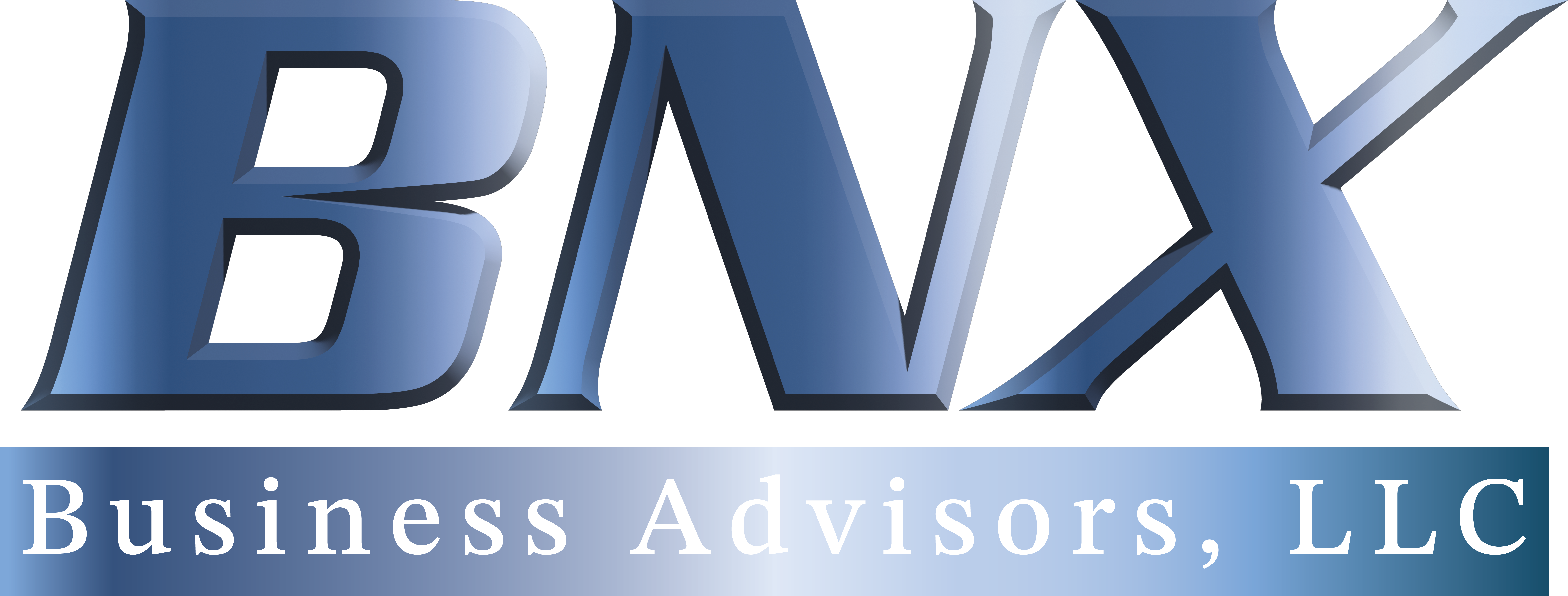
DEI Training Legal Risks are becoming a serious concern for business owners. While Diversity, Equity, and Inclusion (DEI) training aims to create a fair workplace, poorly executed programs can lead to legal trouble. Employers who fail to align their training with Title VII of the Civil Rights Act may face discrimination lawsuits, financial penalties, and reputational damage.
Understanding DEI Training Legal Risks is essential to avoid costly mistakes. This guide will highlight the most common errors employers make and how to implement compliant DEI training that fosters inclusion without violating employment laws.

Table of Contents
1. DEI Training Legal Risks Begin with Biased Content
One of the biggest DEI Training Legal Risks is content that promotes stereotypes or assigns blame to specific groups. Training that suggests certain demographics have inherent advantages or disadvantages can lead to claims of discrimination.
What to Do:
- Ensure training materials promote equal respect for all employees.
- Avoid discussions that single out any race, gender, or background.
- Use evidence-based approaches rather than opinion-based content.
2. DEI Training Legal Risks in Mandatory Attendance Policies
Requiring employees to attend DEI training without exception can lead to DEI Training Legal Risks if they object due to religious or personal beliefs. Forcing participation may be seen as coercion and could result in legal challenges.
What to Do:
- Offer opt-out options for employees with sincerely held beliefs.
- Provide alternative ways to engage with inclusion initiatives.
- Ensure training does not conflict with any protected rights under Title VII.
3. DEI Training Legal Risks in Quota-Based Hiring and Promotions
Some DEI training programs encourage hiring or promoting employees based on race, gender, or other protected characteristics. However, any employment decision based on identity rather than merit is illegal under Title VII.
What to Do:
- Train managers to focus on skills, experience, and performance.
- Avoid setting quotas that favor specific groups.
- Promote equal access to opportunities for all employees.
4. DEI Training Legal Risks in Hostile Work Environments
Workplace training that fosters division or resentment can increase DEI Training Legal Risks. If employees feel targeted, pressured, or uncomfortable, they may file harassment claims.
What to Do:
- Ensure DEI training remains neutral and inclusive.
- Avoid language that implies one group is responsible for another’s struggles.
- Create an open dialogue where employees feel safe expressing concerns.
5. DEI Training Legal Risks in Handling Employee Complaints
Ignoring complaints related to DEI training can lead to lawsuits. If employees believe they are facing discrimination as a result of DEI programs, businesses must take immediate action.
What to Do:
- Establish a clear reporting process for DEI-related concerns.
- Investigate all complaints thoroughly and document findings.
- Train HR on responding to discrimination claims fairly and legally.
6. DEI Training Legal Risks in Third-Party DEI Consultants
Hiring external DEI trainers who lack legal expertise can put businesses at risk. Many DEI consultants prioritize ideology over compliance, leading to policies that violate employment laws.
What to Do:
- Vet DEI consultants for legal expertise and compliance knowledge.
- Ensure all training aligns with federal employment laws.
- Work with HR professionals who understand DEI Training Legal Risks.
7. Protect Your Business with BNX’s DEI Compliance Solutions
Navigating DEI Training Legal Risks can be overwhelming, but BNX Business Advisors can help. We provide HR compliance solutions that balance inclusivity with legal protection, ensuring your DEI training meets legal standards.
Why Work with BNX?
- Title VII-Compliant DEI Training
- Legal Risk Assessments for HR Policies
- Expert Guidance on Inclusive Workplace Practices
Protect your business from unnecessary legal exposure. Contact BNX today at BNXBA.com for expert HR compliance solutions.
FAQs
1. Can DEI training result in discrimination lawsuits?
Yes. If DEI training promotes favoritism, stereotypes, or coerced participation, it can lead to legal claims under Title VII.
2. How can employers make DEI training legally compliant?
Employers should ensure training promotes fairness, avoids bias, and respects employee rights. Consulting legal or HR professionals like BNX can help.
3. What should businesses do if employees refuse DEI training?
Allow opt-outs for religious or personal beliefs and offer alternative inclusion initiatives that align with workplace policies.
4. Is hiring based on diversity quotas legal?
No. Employment decisions must be based on qualifications, not identity characteristics, to comply with anti-discrimination laws.
5. How can BNX help with DEI compliance?
BNX provides legally compliant DEI training, HR risk assessments, and policy reviews to protect businesses from discrimination claims.
Avoid costly legal mistakes. Partner with BNX today!
